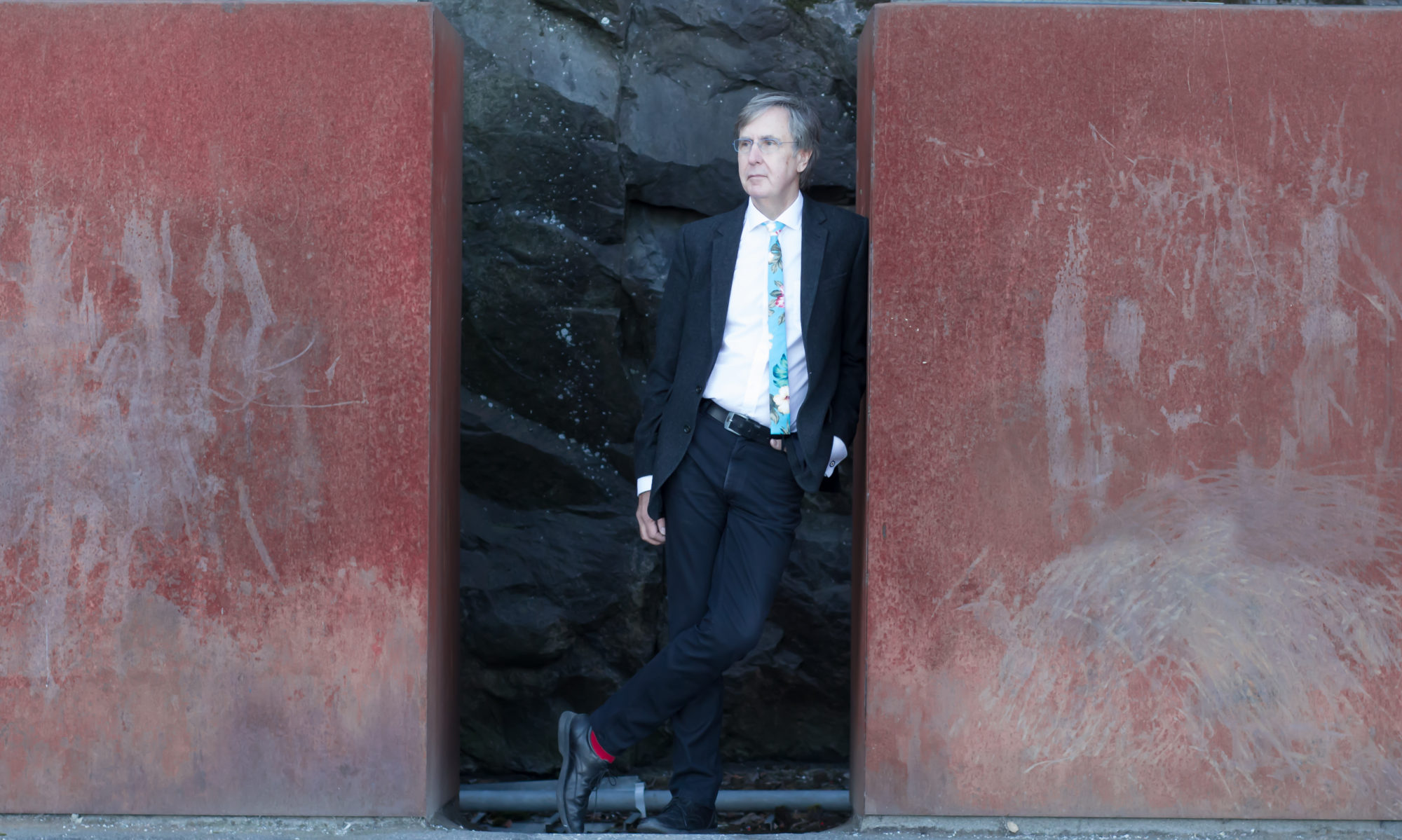I am thinking a lot about what managers do and should be doing. Mainly because I have undertaken to help a major national authority to structure its demands on management training dependent on levels of work. Since we all started talking about the knowledge economy I have been trying to get my head around how that will change the work of management.
Some years ago my wife and I wrote a long article about our experiences as leaders of leaders in a major volunteer organization. Our hypothesis was that knowledge workers are somewhat like volunteers – if they don not like it any longer, they leave quickly. I have started translating the article into English, it will be a slow job as I will be wanting to rewrite it at the same time.
I had great expectations when I started reading Gary Hamels latest book on the Future of Management. I was sorely disappointed, more on that in a forthcoming review. At the end he writes that the only acceptable hierarchies are the natural ones, but not a word about what a natural hierarchy is.
Since I work with Levels of Work / Requisite Organization / Stratified Systems Theory I have very definite opinions about what constitutes a natural hierarchy. When considering the new work of management we need to consider hierarchies, accountabilities, management span, allowing discretion etc. We need to move away from traditional command and control to something else.
Most managers have been brought up in command and control organizations, so they know that stuff. But over the years the work of management has changed and managers have brought in consultants to help them. My hypothesis is that what managers bring in consultants to do is the new work of management. In other words they are outsourcing their new core work.
When working with the National Authoritys demands on management training I am realizing that managers need to be trained to do what they use consultants to do for them.
Many years ago British Gas compared what their higher managers needed in the way of training and what the major institutes were offering. It was a great disappointment as the institutes were delivering at lower managerial levels than they were selling to. That still seems to be the case.


